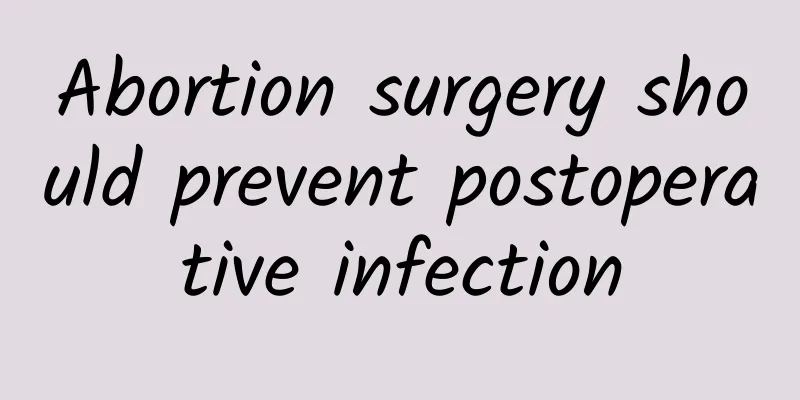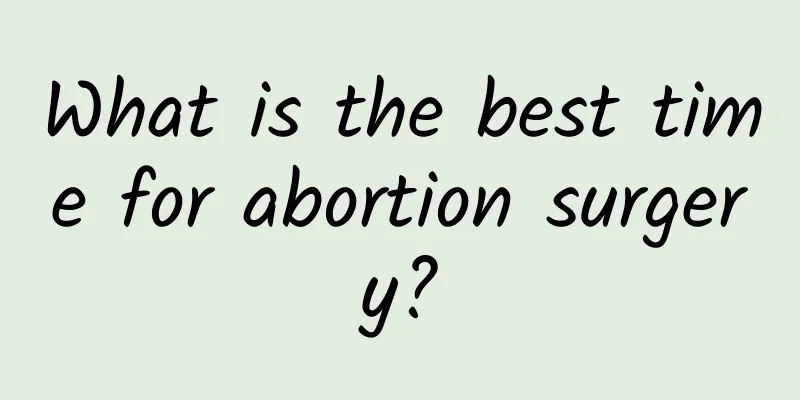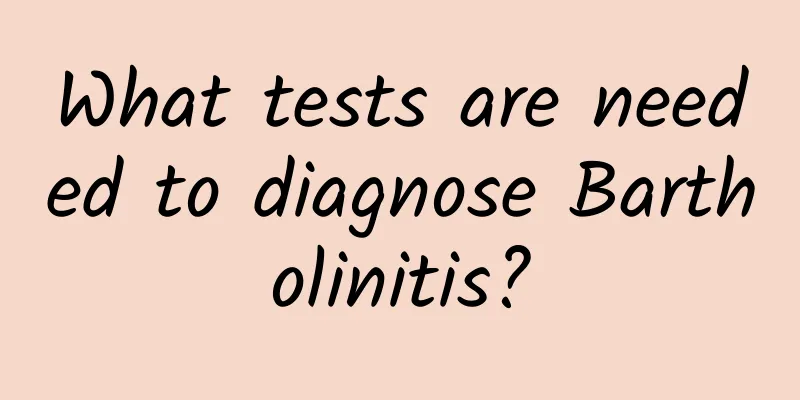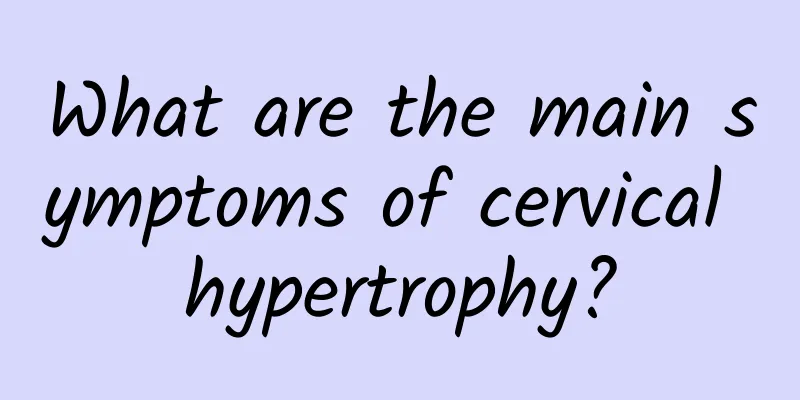What are the treatments for ovarian cysts?
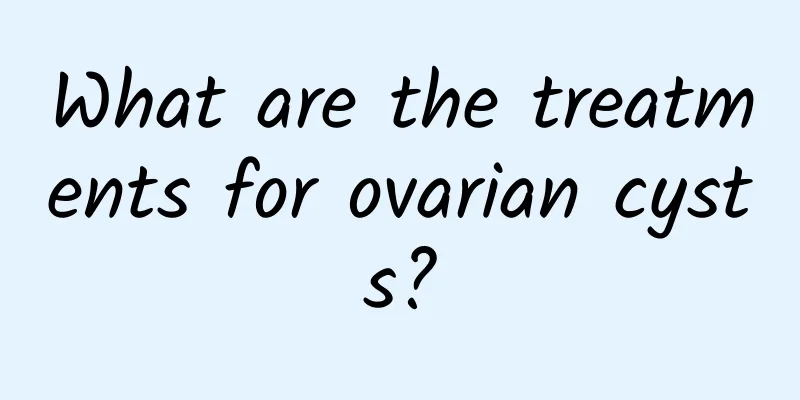
|
The ovarian tissue is complex and is the site with the most primary tumor types among all organs in the body. Ovarian cysts are a very common benign ovarian tumor. To treat ovarian cysts, we must first distinguish whether the cyst is physiological or pathological. Physiological cysts, such as lutein cysts, are related to the menstrual cycle and pregnancy. No medication is required, and most will disappear on their own, let alone surgical treatment. Common pathological cysts include teratomas, mucinous or serous cysts, and chocolate cysts caused by endometriosis. When this type of pathological cyst grows to a certain size, the pedicle will twist, rupture, and become infected. There is a certain rate of malignant transformation, and once it develops into ovarian cancer, it is more difficult to treat, and the metastasis rate is very high. Therefore, patients with pathological ovarian cysts should pay attention and receive timely treatment. The means of treating ovarian cysts are generally determined by age, fertility requirements, and the size and nature of the mass. If the patient is young and has fertility requirements, laparoscopic cyst removal can be performed. If the patient is old and has no fertility requirements, laparoscopic oophorectomy can be performed. Laparoscopic surgery is a type of minimally invasive gynecological surgery, which is widely used for ovarian cyst removal. The surgery does not require laparotomy. Instead, only 2-3 5 mm keyholes are made in the abdomen. The laparoscope with a scalpel and forceps can be inserted into the abdominal cavity. The surgery is performed under the guidance of a high-power monitor with high surgical accuracy. Compared with traditional laparotomy for the treatment of ovarian cysts, the surgery is minimally invasive and painless, with less bleeding, faster recovery after surgery, and complete preservation of ovarian function. The above are the methods for treating ovarian cysts. Early detection and early treatment. According to the specific situation, we should make judgments on how to treat ovarian cysts and conduct multi-faceted consultations. With the emergence of early diagnosis methods for ovarian cysts, treatment techniques and postoperative comprehensive treatment are becoming more mature. Ovarian cysts http://www..com.cn/fuke/ncnn/ |
<<: What are the symptoms of ovarian cysts?
>>: What are the symptoms of vaginitis?
Recommend
What are the methods of early pregnancy abortion? There are two methods
Early pregnancy abortion generally refers to the ...
What are the dangers of congenital absence of vagina?
Many female friends are suffering from congenital...
What are the symptoms of pelvic inflammatory disease?
Among common gynecological diseases in women, pel...
Introduction to two painless abortion examination methods
Compared with other abortion methods, the risk of...
Do you know the cause of cervical hypertrophy?
Cervical hypertrophy is a common chronic cervical...
How effective is TCM treatment of ovarian cysts?
How effective is TCM treatment of ovarian cysts? ...
Can cervical warts heal on their own without treatment?
Cervical warts are a relatively common disease, a...
What causes chocolate cysts?
Many people want to know the cause of chocolate c...
What factors cause irregular menstruation?
Among women's gynecological diseases, irregul...
What are the main hazards of uterine fibroids?
Generally speaking, there are many kinds of harms...
What causes adnexitis in women?
Adnexitis mainly refers to inflammation of the fa...
Analyze the multifaceted causes of clinical pelvic inflammatory disease
In recent years, the incidence of pelvic inflamma...
What is the TCM dialectical treatment method for chronic cervicitis in women? Three major Chinese medicine prescriptions for treating chronic cervicitis in women
Chronic cervicitis is a very common gynecological...
The key to treating dysmenorrhea is to find the cause
The cause of dysmenorrhea is very important in cl...
Do you know what are the factors that induce vulvar leukoplakia?
Do you know what are the factors that induce vulv...
